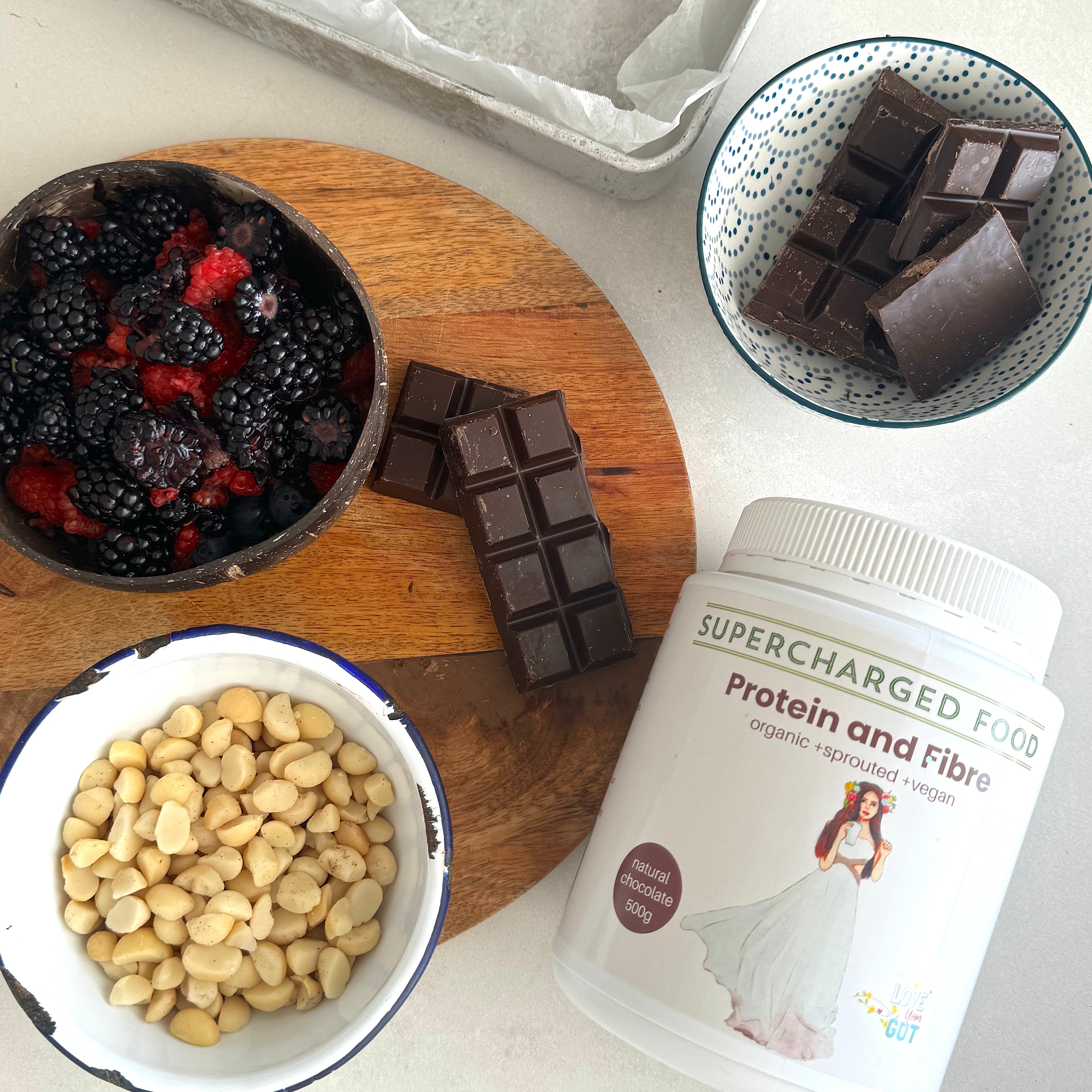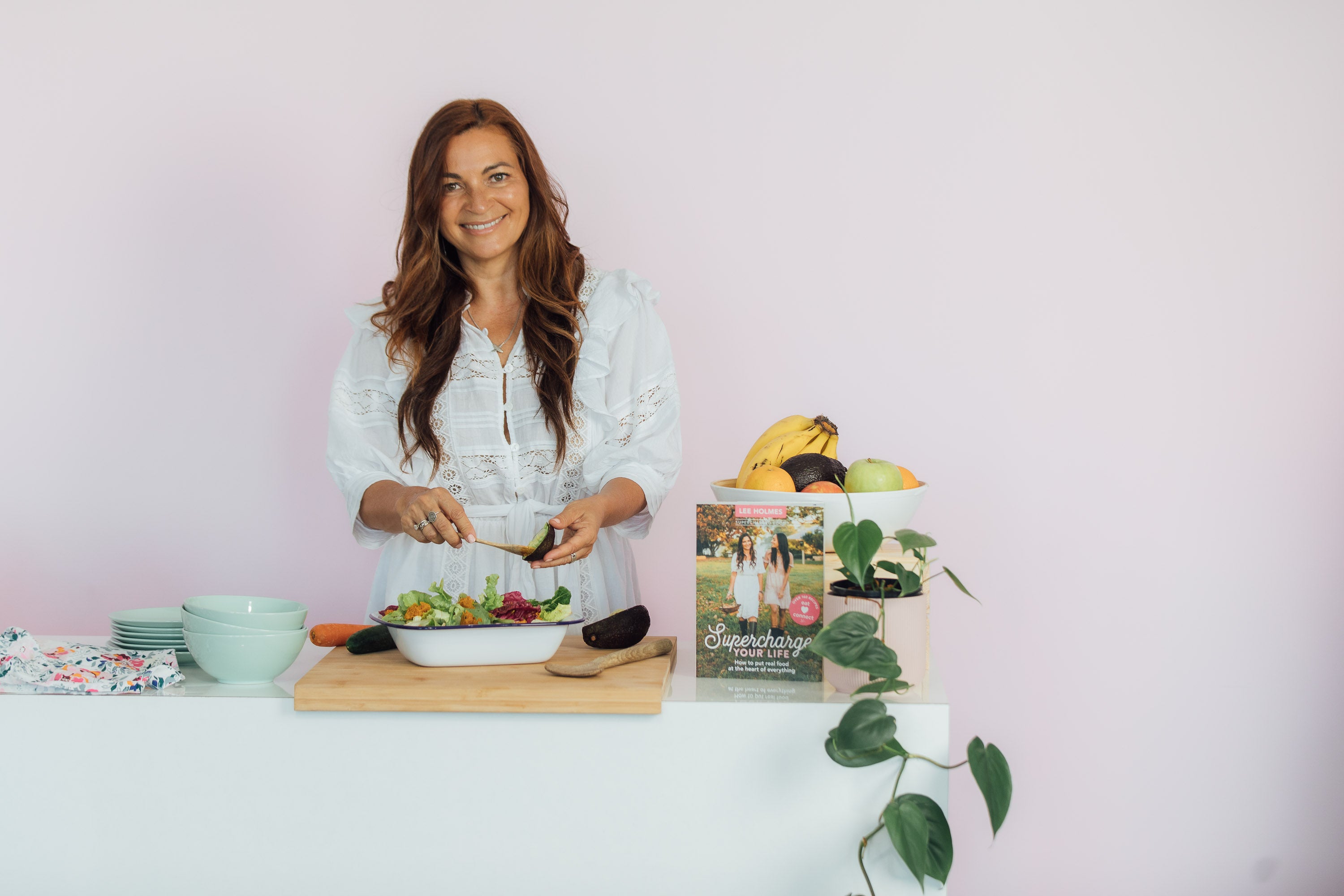Do you spend half your time at the grocery store looking at the nutritional properties of the food you might buy?
While this is something we do encourage, we often forget that even if we eat a certain amount of food, it doesn’t necessarily mean that we digest all of it. This is particularly true if you’re suffering from digestive issues. While you can be powering down the protein, zapping in the zinc and including all the iron, it doesn’t mean anything if you’re not absorbing it. After all, you are what you digest!
While chowing down on raw salads sounds like a good idea in theory, those with a compromised gut can find raw foods hard to digest. We need to start focusing on the digestibility of our food. In traditional Chinese medicine, raw foods are actually considered too yin or ‘cold’ in nature which places a damper on digestive fire. Consuming foods that are hard-to-digest over long periods can burden and irritate the gut lining; causing more harm than good. They can wear down our epithelial cells and microvilli which are in place to help us consume foods without damaging the gut. If we keep damaging them, we have no hope of healing our precious little guts!
By eating foods that are easier to digest, you can help create an environment that enables your cells to do the complex job of digestion. This also means you’ll be increasing your absorption and digestion of these foods.
Once you let go of the idea of raw salads being the be-all-and-end-all to healthy eating, your gut healing will truly begin. You'll really began to notice the difference that cooked and pre-digestible, foods will make to your health and energy levels.
If you’re looking for foods to supercharge your digestion, we've written our go-to’s and no-go’s.
Let’s start with the no-go’s:
As we said before, watch your intake of raw foods, especially cruciferous vegetables like kale, cabbage, cauliflower and brussel sprouts - these are hard to break down, digest and absorb.
It’s time to say ‘pasta la vista’ to white starchy carbohydrates like white rice, commercial breads, cakes and crackers as well as foods with artificial ingredients and additives.
It’s time for deep-fried foods, GMO-foods and high-gluten foods such as wheat and barley to flicker away. Say so long to unsoaked or unsprouted grains, as well as large amounts of unactivated nuts and nut meal flowers that haven’t been pre-soaked.
Sorry cavemen – it’s time to watch your meat consumption. Too much meat can be hard for our guts to break down and absorb. Rather, go for moderate amounts that are in an easier to digest form. It's also a good idea to untangle your love from unpasteurised dairy, like low-fat milks; sorry cheese platter lovers, this is for your own good!
Now for the fun part – your foods to embrace. For digestibility, enjoy foods that are gentle on the gut and have both a healing and anti-inflammatory effect.
It’s time to become best friends with your slow-cooker – literally. Cooked foods are your new best buddies. Try lightly steaming, sautéing, stewing or roasting vegetables and slow-cooking meats. This enables the cell walls of these foods to be gently broken down, releasing maximum nutrition that’s easy to digest and absorb. I couldn’t speak about easily-digestible foods without speaking about bone broths. Bone broths are high in minerals and gelatine, which supports the gut and improves protein digestibility.
Check out these gorgeous recipes Beef Pho Broth, or Gut Healing Turmeric Chicken Broth.
While we don’t recommend unsoaked grains, nuts and seeds, these foods become a real winner when they’re sprouted, soaked, fermented and gluten-free. Proper preparation of these foods helps break down the enzymes and minerals to increase nutrient uptake. Although raw nuts can be a bit taxing on the gut, some people can tolerate nut butters well.
Consuming fermented foods in small amounts with meals can help ease digestion and provide enzymes to help break down other foods in your meals. Go for cultured foods such as sauerkraut, kimchi full-fat organic yoghurt and kefir.
When it comes to baking, include extra-virgin coconut oil as it contains medium-chain fatty acids that are easy to digest and promote healthy species of gut bacteria. No cooked salad is complete without extra-virgin olive oil! Not only does it make everything taste amazing, it’s also highly anti-inflammatory and helps keep things moving in the bowels.
Omega-3 Fatty Acids, such as sustainable fish oils, flaxseed oil and activated walnuts or walnut oil, provide anti-inflammatory benefits to keep the gut healthy and happy.
When it comes to fresh produce, you can’t go past fresh fruit and vegetables. Fruits such as berries, prunes, figs, ripe bananas and avocadoes (yes, avocado is a fruit), are gentle on the gut and easy to digest. While some raw vegetables can be hard to digest, we recommend the following garden dwelling vegetables: zucchini (courgette), sweet potato, cucumber, carrot, lettuce, pumpkin (squash), parsnip, beetroot and turnip as they’re lower in soluble fibre than other veggies and so, are easier to digest.
What’s the best way to include these foods? Soups, smoothies and slurpies! By blending these wholesome, gut-friendly foods you can increase their gentleness on the digestive system. This takes a huge burden off the gut and means that the nutrients can be absorbed more efficiently. Consider the blending process as an external form of digestion. Don’t forget to ‘chew’ your smoothies and soups too to help with the digestion process.
This Apple and Fennel Soup from the book, Supercharge Your Gut, is an extremely easy and delicious meal that’s great for digestibility. If you’re a bit of a newbie to the kitchen, fear not – with this soup there’s no such thing as pot luck. The aniseed flavour of the fennel and the apple combine perfectly on autumn nights to cosy up your insides.
Apple and Fennel Soup
Serves 4
- 2 tablespoons extra virgin olive oil
- 1 brown onion, peeled and diced
- 2 celery stalks, roughly chopped
- 3 garlic cloves, finely chopped
- 4 small fennel bulbs, with fronds
- 1 teaspoon dijon mustard
- 1 litre (35 fl oz/4 cups) good-quality chicken, vegetable or bone broth, such as my Gut Healing Turmeric Chicken Broth
- 4 seasonal apples peeled and chopped
- juice of 1 lemon
- coconut cream or coconut yoghurt, to serve
Heat the olive oil in a large stockpot or saucepan over medium heat. Sauté the onion, celery and garlic for 3–4 minutes, or until softened.
Meanwhile, remove the fronds from the fennel and reserve for garnishing. Dice the fennel bulbs and set aside.
Add the mustard to the pan, stirring well. Stir in the stock, fennel and apple. Bring to the boil, then reduce the heat to a simmer.
Cover and cook for 30–35 minutes, or until the fennel is tender.
Leave to cool slightly, then purée the soup using a food processor or hand-held stick blender. Whisk in the lemon juice, then season to taste with sea salt and freshly ground black pepper.
Gently reheat the soup, if needed.
Ladle into bowls, add a swirl of coconut cream, garnish with the reserved fennel fronds and serve.
NOTE: I’ve also garnished the soup with slices of dried apple.
Simply roast some thinly sliced apple pieces in a 160°C (315°F) oven for 15–20 minutes, until dried.







Leave a comment